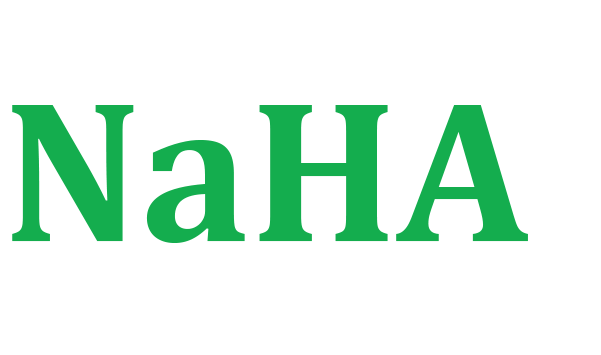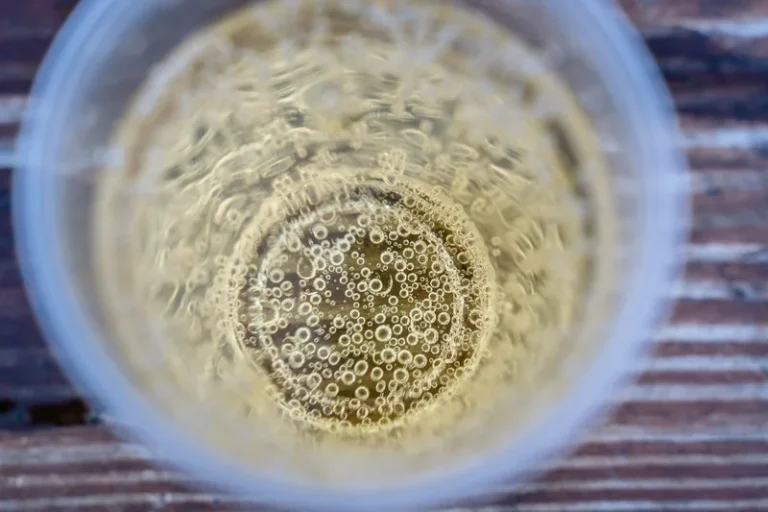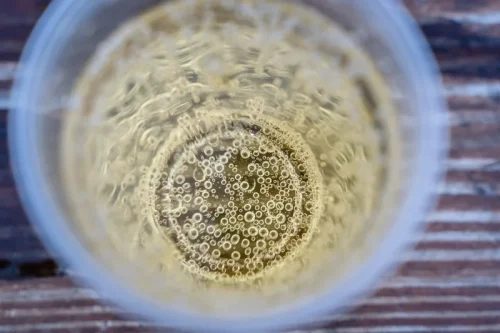Thomas Doe
Social WorkerNulla totam rem metus nunc hendrerit ex voluptatum deleniti laboris, assumenda suspendisse, maecenas malesuada morbi a voluptate massa! Hendrerit, egestas.


Call American Addiction Centers (AAC) at , and speak to one of our compassionate and knowledgeable admissions navigators, who can answer your questions and explain your options. Sometimes, no matter what I do, the only thing that abates my post-drinking anxiety is waiting it out. At the very least, I find comfort in remembering that my shaky-emotional-ground feeling, no matter how intense, will dissipate soon enough. As Dr. Greenfield puts it, “Time is on your side.” Just breathe, take care of yourself, and remember that hangxiety isn’t forever.

You might opt for a light beer, which tends to have lower alcohol content than craft brews. Talk to your doctor about alcohol consumption before taking any of these medications, as side effects can be harmful or fatal. Alcohol-induced anxiety can last for several hours, or even for an entire day after drinking. They found ‘substantial improvements’ not only with liver function (which you would expect) but also in the quality of sleep. The Independent has reported that alcohol holds back glutamine – which keeps you awake. Once you’ve stopped drinking (and gone to bed), the body floods the body with glutamine trying to wake you up making it more difficult to get a good night’s sleep.
Additionally, the physiological effects of alcohol withdrawal can also contribute to increased anxiety levels. In conclusion, the relationship between alcohol and anxiety is complex and often misunderstood. Symptoms of alcohol-induced anxiety can include increased heart rate, sweating, trembling, and feelings of impending doom. These symptoms often mimic those of anxiety disorders, creating a vicious cycle where individuals may turn to alcohol again to alleviate these symptoms, only to worsen their condition in the long run. Studies have shown a different trend of alcohol use in people who are diagnosed with generalized anxiety disorder or panic disorder. For many people with these mental health conditions, unhealthy drinking behaviors begin around the same time as the disorder’s symptoms.
Excessive alcohol consumption can affect our mood because it can lower the levels of serotonin in the brain. Serotonin is a feel-good brain chemical that when in short supply can cause feelings of anxiety and depression. You might even experience self-loathing after drinking, worrying about what you said or did or how much money you spent. Though drinking can temporarily blunt feelings of anxiety, this isn’t a suitable method to manage anxiety (or any mental health condition). Quitting alcohol can prevent anxiety and give you the space to develop healthy means of managing your condition. Many individuals with anxiety disorders may turn to alcohol as a means of self-medication, seeking temporary relief from their symptoms.

Even simply thinking about attending the gathering might cause them anticipatory anxiety. One theory of why this happens is called the “tension reduction hypothesis.” This theory suggests that alcohol is used as a self-medicating method to reduce stress and anxiety. Track how much you’re drinking to help spot patterns so you can avoid triggers – the MyDrinkaware app can help. But the last step only starts the process again from the beginning.
While some people may believe that wine and beer may cause less anxiety than hard liquor due to its alcohol content, this is not true. It’s not necessarily the type of alcohol you drink that can affect your levels of anxiety, but rather anxiety is related to the amount and frequency of alcohol use. Older adults — drinkers, nondrinkers, it doesn’t matter — are already at risk for hypertension.
During an alcohol blackout, a person Oxford House experiences a period of amnesia and is unable to recall events that occurred while they were intoxicated. Blackouts occur when alcohol impairs the brain’s ability to form new memories. During a blackout, individuals may engage in impulsive and uninhibited behaviours that they wouldn’t typically engage in while sober. The uncertainty surrounding these actions can lead to anxiety about potential negative consequences or embarrassment.
Research has found that anxiety disorders and alcohol use disorders often occur together. Several proposed explanations exist for the link, including genetics, a person’s environment, and the brain mechanisms related to addiction and anxiety symptoms. Sometimes, people turn to alcohol alcohol and anxiety or other substances to help them hide from their problems or cope with symptoms of mental illness. In some cases, people with certain mental health conditions, such as anxiety or panic disorder, might develop an unhealthy relationship with alcohol.


People need to speak with a doctor if they are experiencing the above effects due to alcohol. However, you can make lifestyle changes to help you reduce your anxiety as well as learn to cope with it. Before you take any remedies, it is recommended that you seek advice from a doctor or chemist. And, if you really can’t cut down, then it’s best to seek advice from your Doctor about alcohol dependency. Alcohol allergy and intolerance can result in similar symptoms but are caused by different underlying factors.